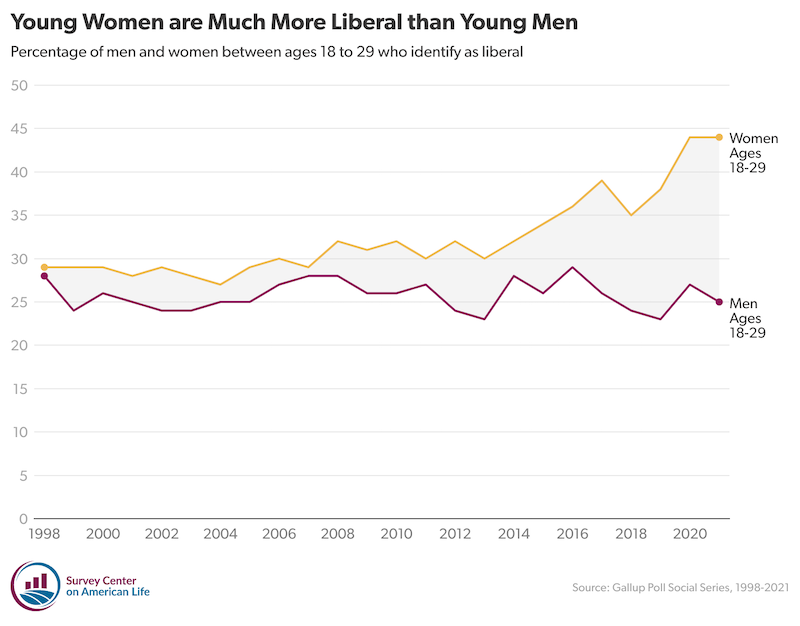Robert Reich: Why A New Progressive Era In America Is Likely (In About 20 Years) – OpEd
By Robert Reich
A new progressive era is dawning in America, and almost nothing Republicans can do will hold back the tide — unless Republicans destroy democracy altogether (more on this in a moment).
Start with the recent victories. In Chicago, progressive Brandon Johnson, a once little-known county commissioner and union organizer, won the mayor’s race over his more conservative Democratic opponent, Paul Vallas, who ran on a tough-on-crime platform and was endorsed by a police union.
In Wisconsin, Janet Protasiewicz, a liberal Milwaukee County judge, won a high-stakes race for a seat on the state’s Supreme Court.
A progressive now holds the mayor’s office in Los Angeles, and progressives compose a majority on the board of aldermen in St. Louis.
Progressives have swept into statehouses in Colorado, Connecticut, and Wisconsin (where two Democratic Socialists this year revived a socialist caucus inactive since the 1930s).
John Fetterman successfully campaigned for Senate in Pennsylvania. In Virginia, progressive Jennifer McClellan became the first Black woman to represent the state in Congress. The House’s Congressional Progressive Caucus has added 16 new members, bringing the total number of the organization to 102. It is now among the largest caucuses in Congress.
These newly elected progressives view America’s widening inequalities of income and wealth as dangerous. They believe government has no business forcing women to give birth or telling consenting adults how to conduct the most intimate aspects of their lives. They want to limit access to guns. They see climate change is an existential threat to the nation and the world. They want to act against systemic racism. They want to protect American democracy from authoritarianism.
***
The bigger news is that these progressive leaders couldn’t have gotten to where they are without a fundamental transformation occurring in America: Voters who also believe these things are rapidly becoming the majority.
First, consider the age of people who believe these things — including the huge millennial generation now in their late 20s to early 40s.
According to a recent analysis by the Financial Times, if millennials were following previous trends, someone who is now 35 years old would be about 5 percentage points less conservative than the national average and would gradually become more conservative as they aged.
But, in fact, millennials are 15 points less conservative. Today’s 35-year-olds are the most progressive cohort of 35-year-olds in recent history.
Why? Millennials have faced an inequitable economic system, a runaway climate crisis, and the herculean costs of trying to have a family — including everything from unaffordable child care to wildly unaffordable housing. They’re demanding a more equitable and sustainable society because they desperately need one.
***
Next, consider women. Young women have become significantly more liberal over the past decade — while the political identity of young men has remained largely unchanged (see chart, below).
Part of this is the result of anger over abortion rights, but the trend started before the Supreme Court reversed Roe v. Wade.
Researchers point to diverging views about societal change, with young women more likely than young men to support fluidity over gender identity and sexual preference, LGBTQ rights, children having gay or lesbian parents, men staying home with children, and women serving in the military. Young women are also more likely to loathe Donald Trump and any politician who emulates him.
Over the next two decades, these women will be moving into positions of power and leadership. That’s especially likely in that women now compose a remarkable 60 percent of college undergraduates.
***
Next, look at the growing percentage of Americans who are (or who consider themselves) people of color.
The United States is projected to become a majority-minority nation sometime between 2041 and 2046 (depending on the amount of net immigration into the U.S., birth/death rates, and intermarriage rates over the preceding years).
By 2050, the Census Bureau projects that the number of white people in America will be falling, the number of Black people will have grown by roughly 30 percent, the number of Latinos will have risen by 60 percent, and the number of Asian Americans will have more than doubled.
Not all these people believe in all the progressive values I mentioned above, of course. A sizable share of Black voters are uneasy with LGBTQ rights. Some Latino voters —specially those who fled Cuba during the Castro regime — reject socialism. (Biden won Latino voters by a 59 to 38 percent margin, yet that was a net 17-point decline from Hillary Clinton’s 66 to 28 percent victory in 2016.)
Overall, people of color are deeply concerned about the nation’s widening inequalities. They’re committed to social justice. They want to act against systemic racism, and they want to protect American democracy.
***
Finally, consider college graduates, who are overwhelmingly more liberal and progressive than non-college grads.
Republicans argue this trend has been offset by people without college degrees, who have become more conservative. True, but irrelevant.
Here again, look at the trend. Over a third of Americans now have a college degree, double the percentage in 1980. If the trend continues — and given the demands for educated workers in an ever-more-complex economy, that seems likely — by 2040, a majority of Americans will have college degrees.
***
All these trends point to a new progressive America — in about 20 years.
Twenty years is a long time, of course. These trends have already ignited an anti-democracy backlash — especially from Americans who are older, whiter, straighter, without college degrees, and mostly male — that is, from people susceptible to authoritarian strongmen peddling conspiracy theories and stoking hatred.
The Republican Party knows it’s doomed unless it radically restricts voting, or goes full throttle and wholly adopts Trumpian fascism.
So, my friends, the stakes ahead could not be higher.


